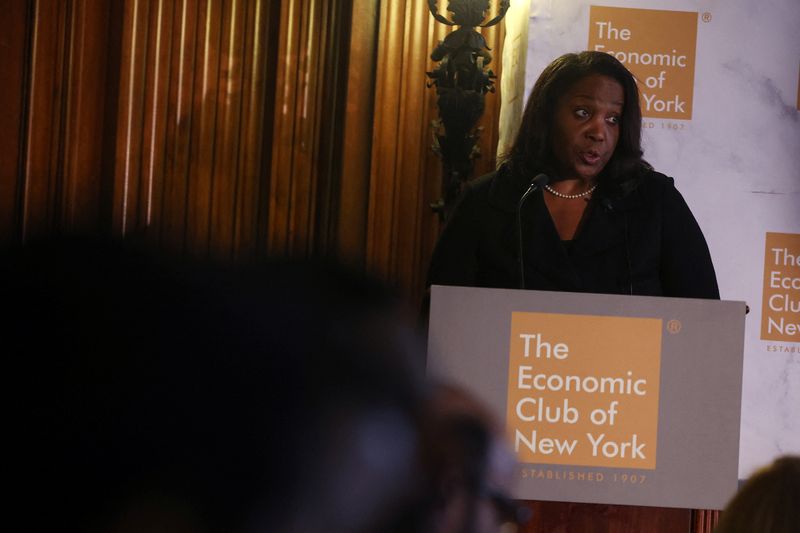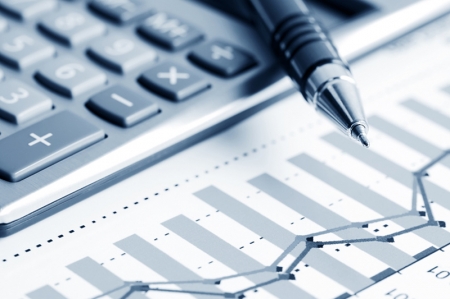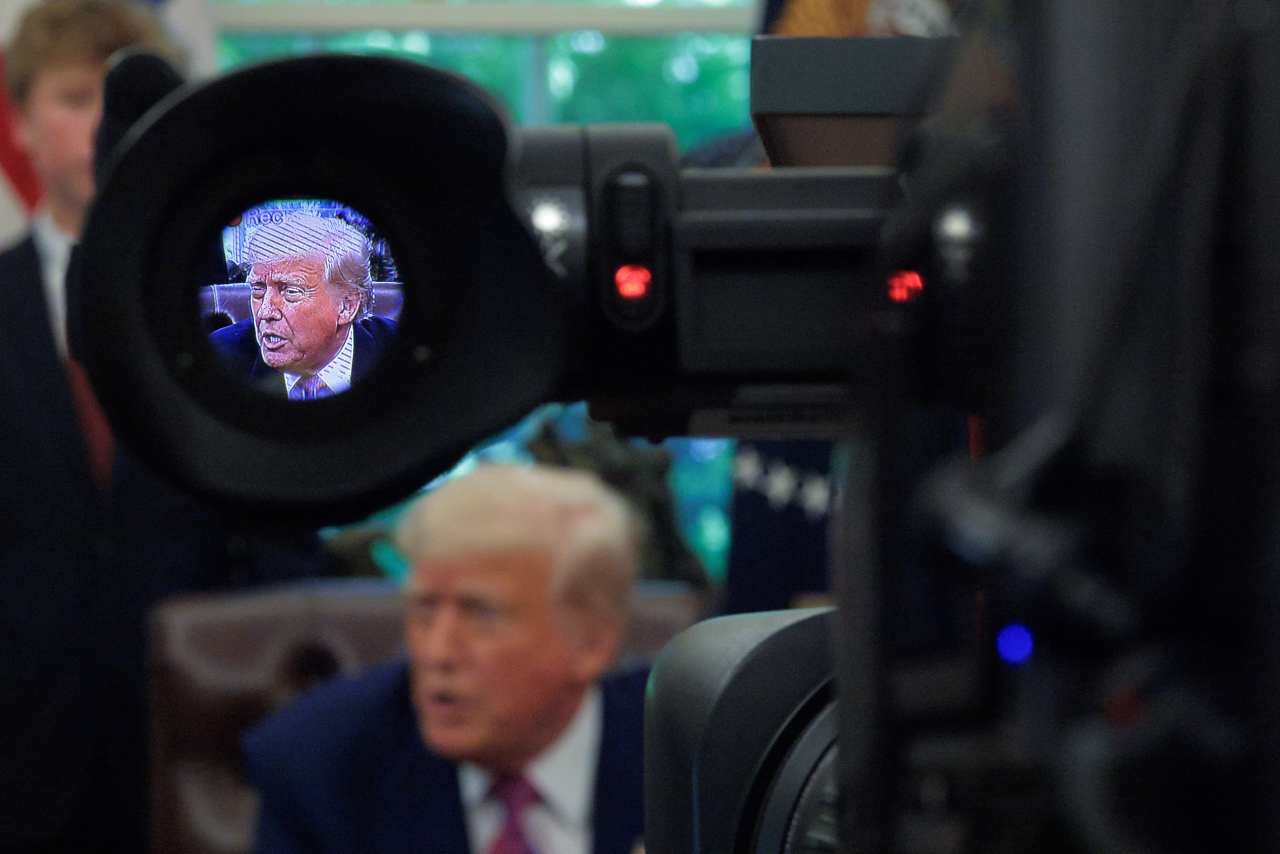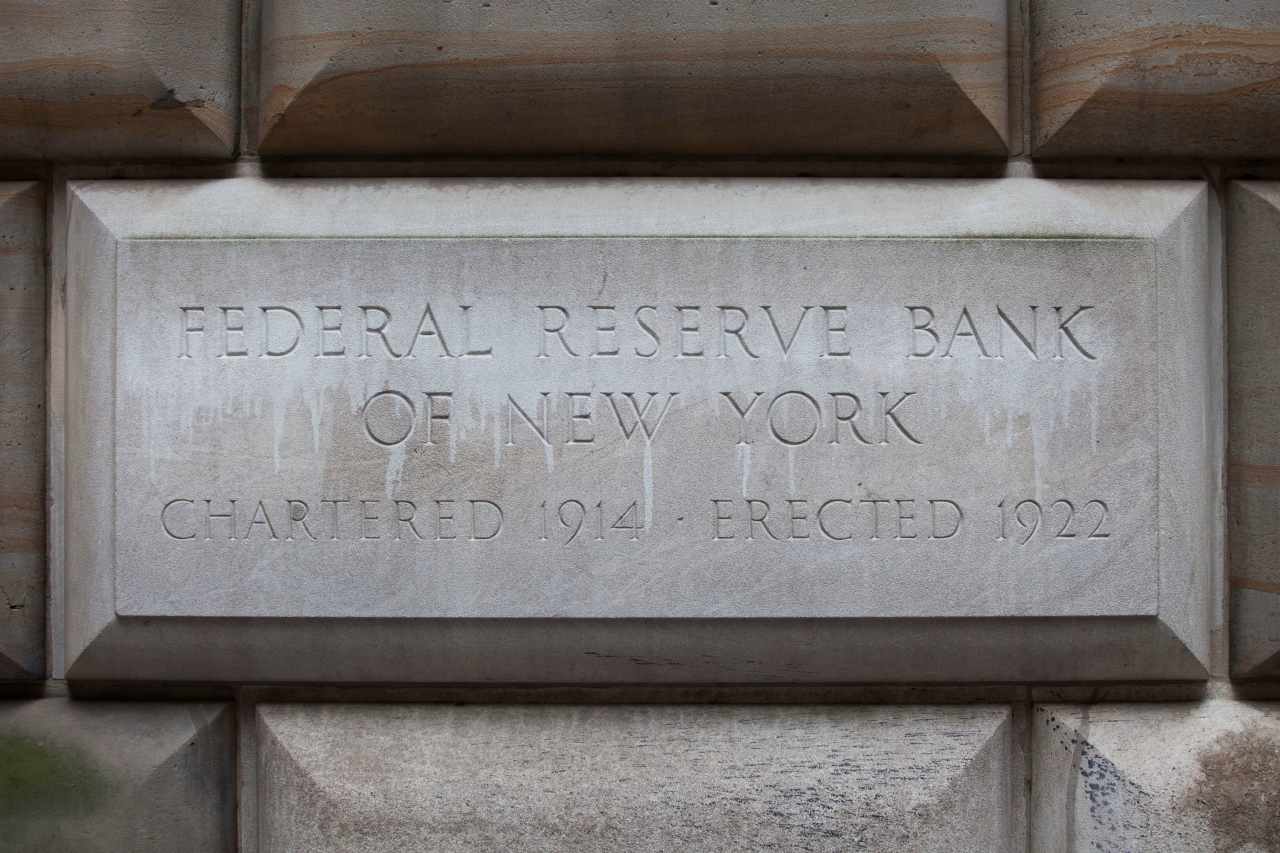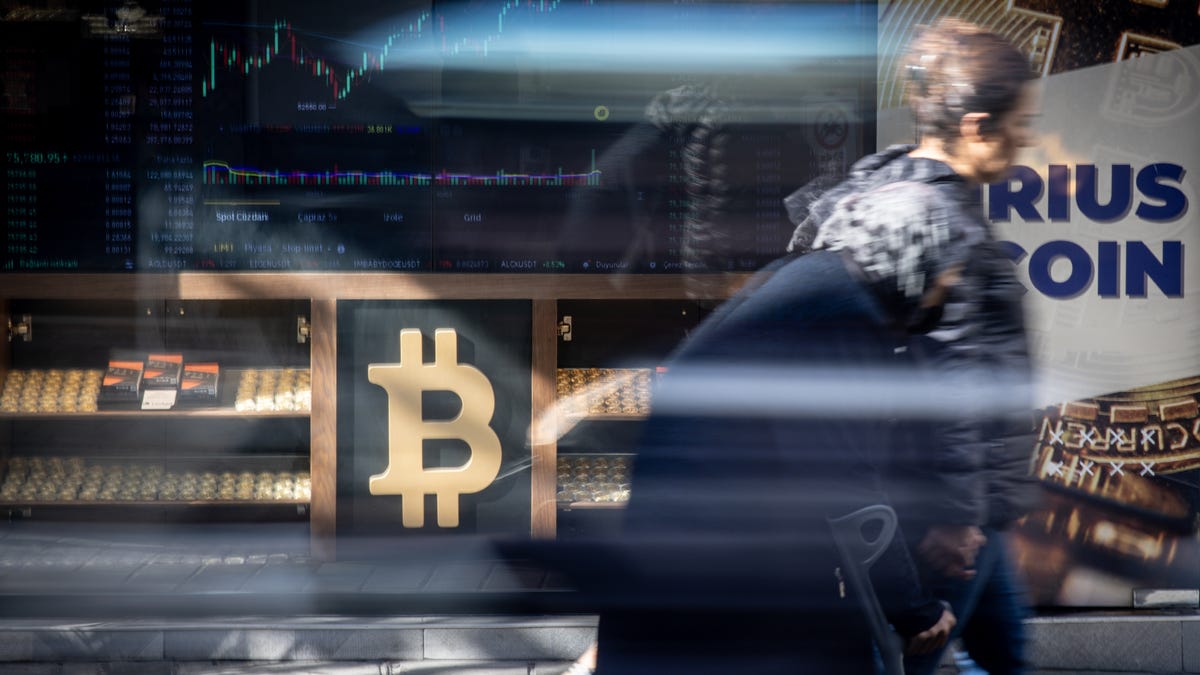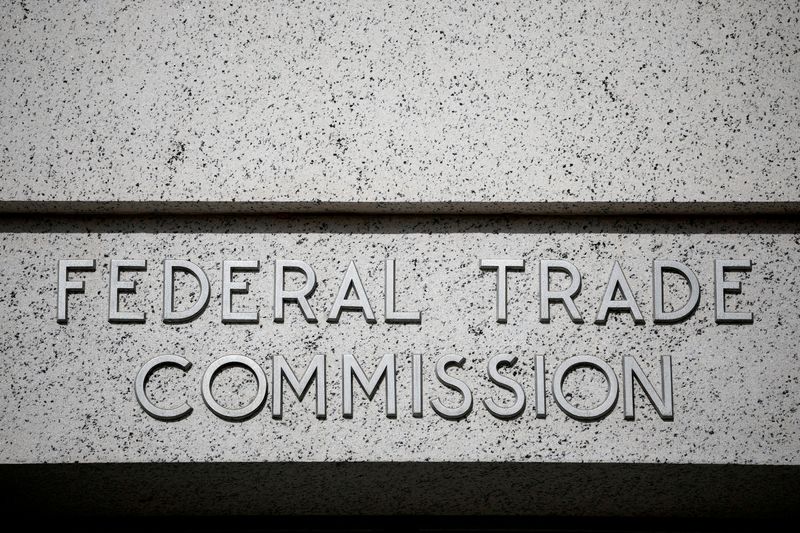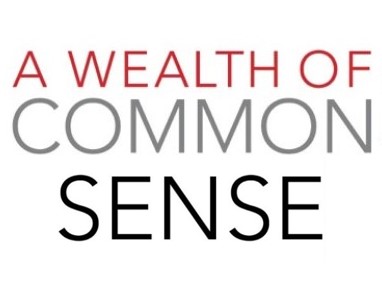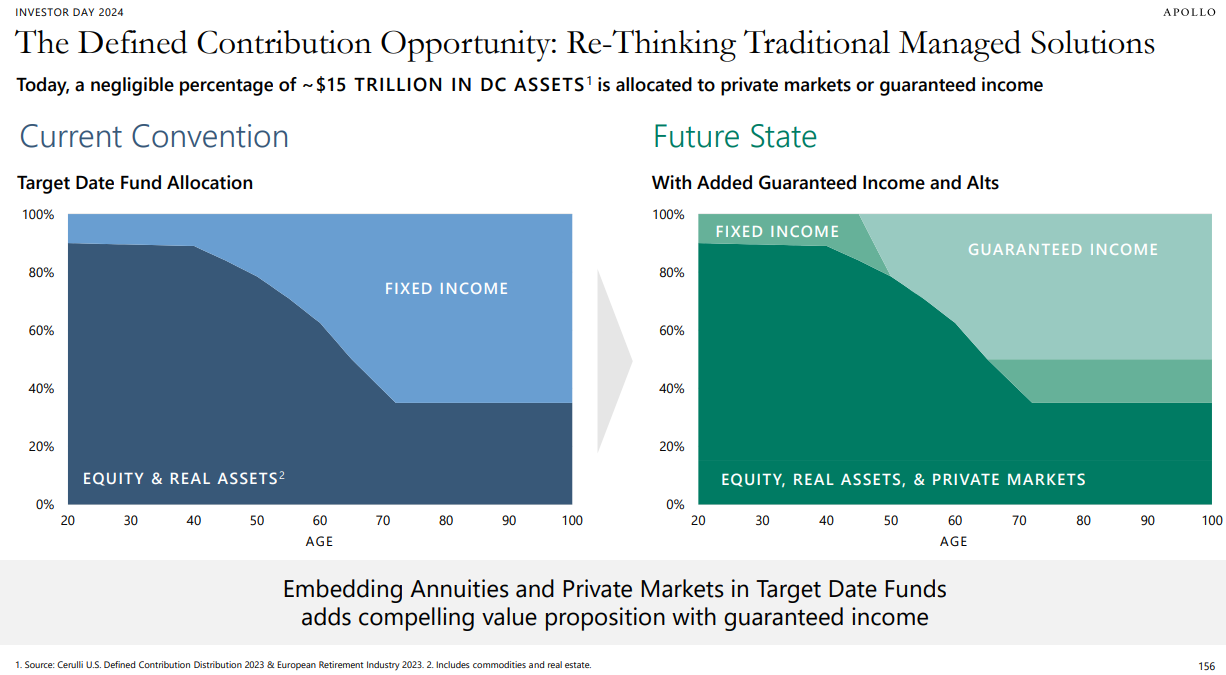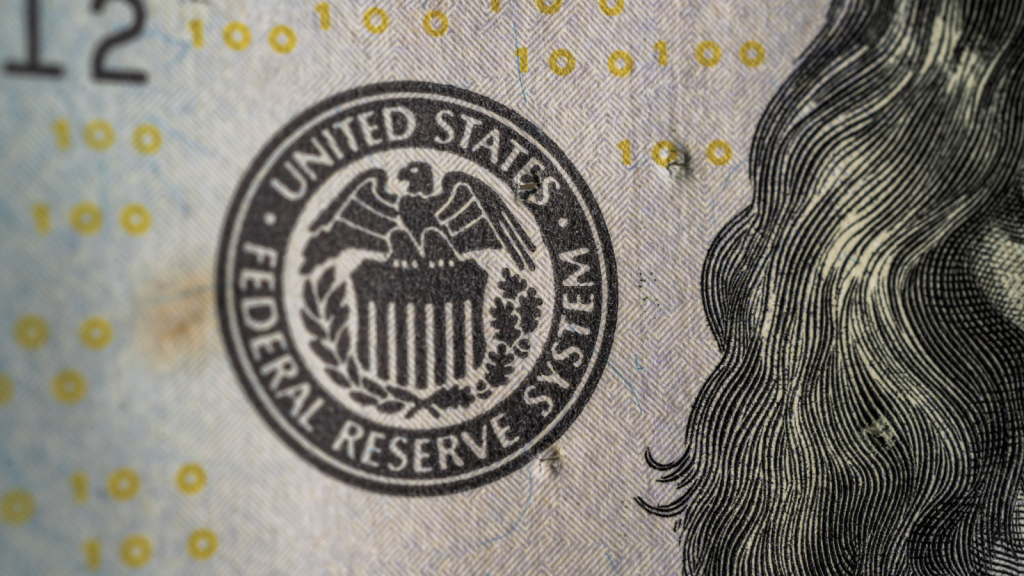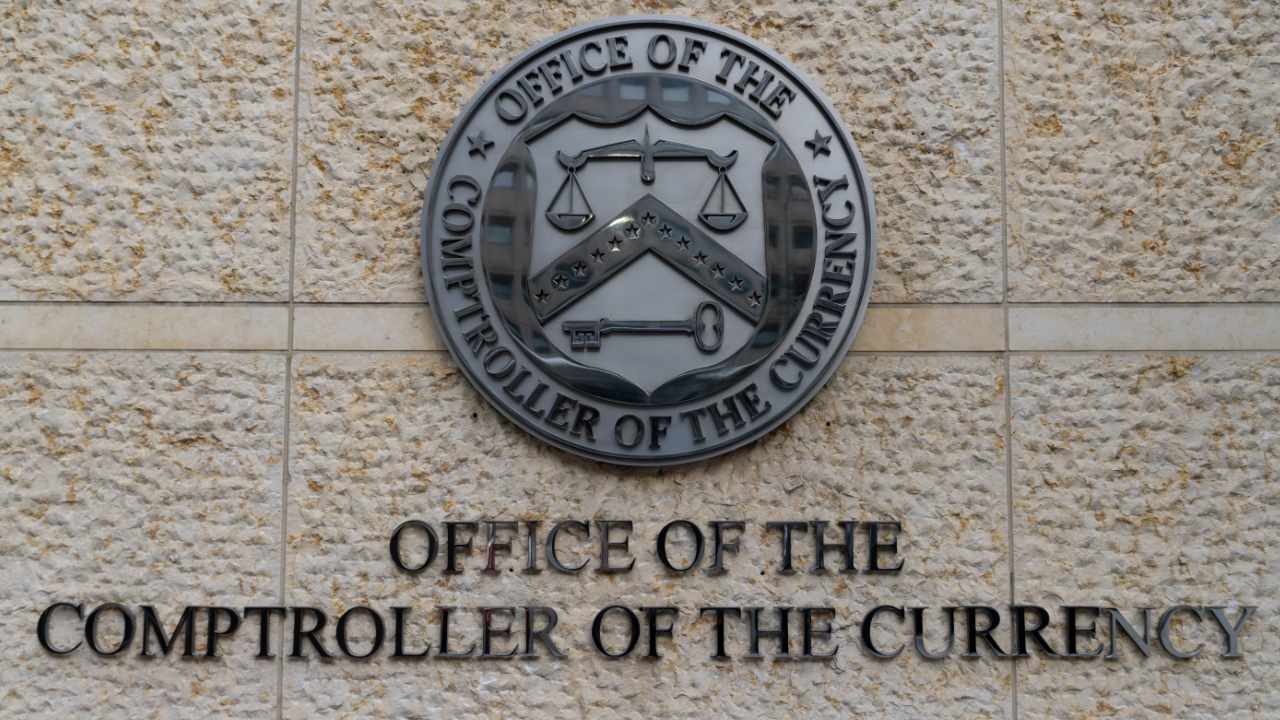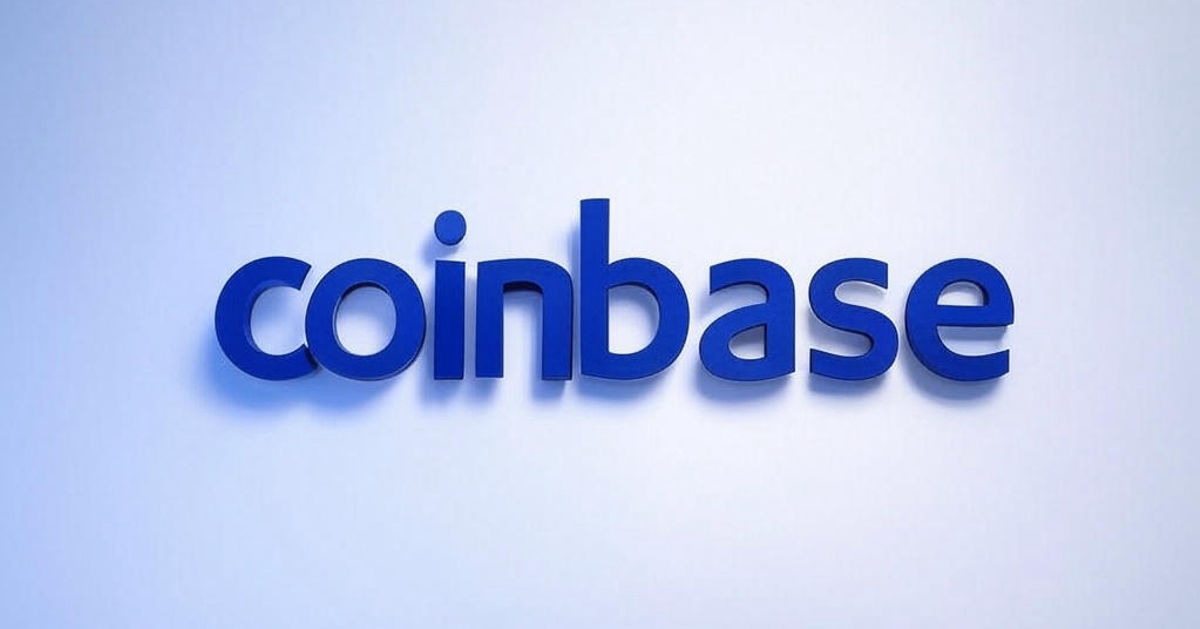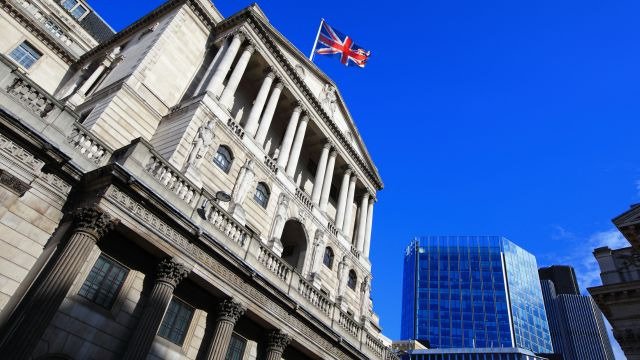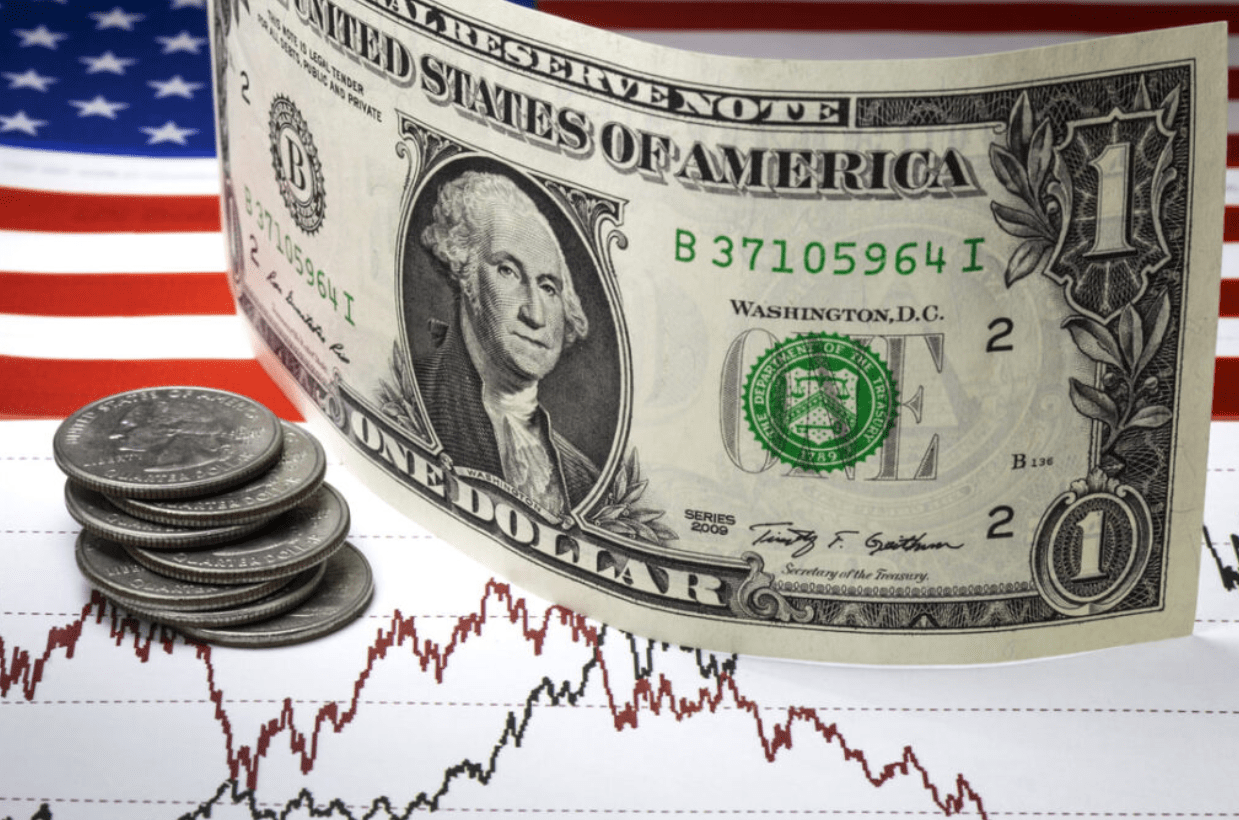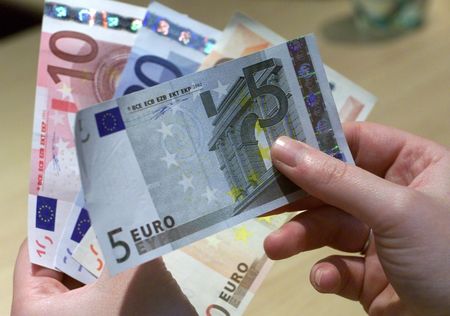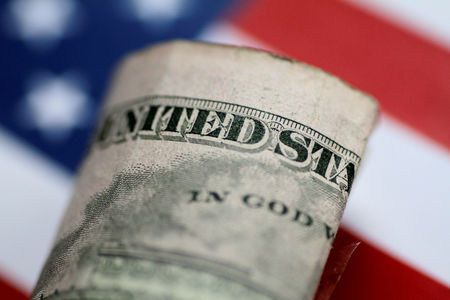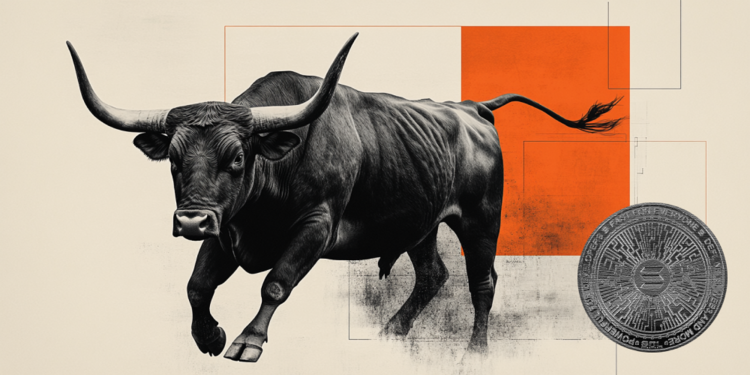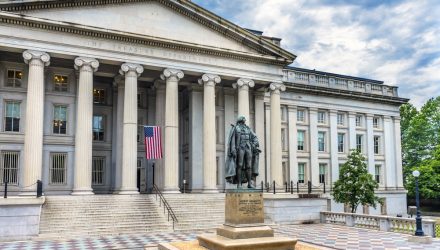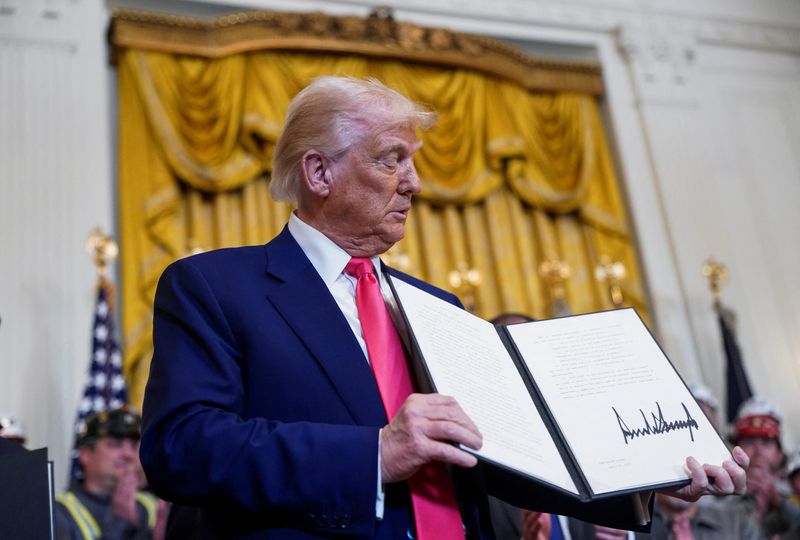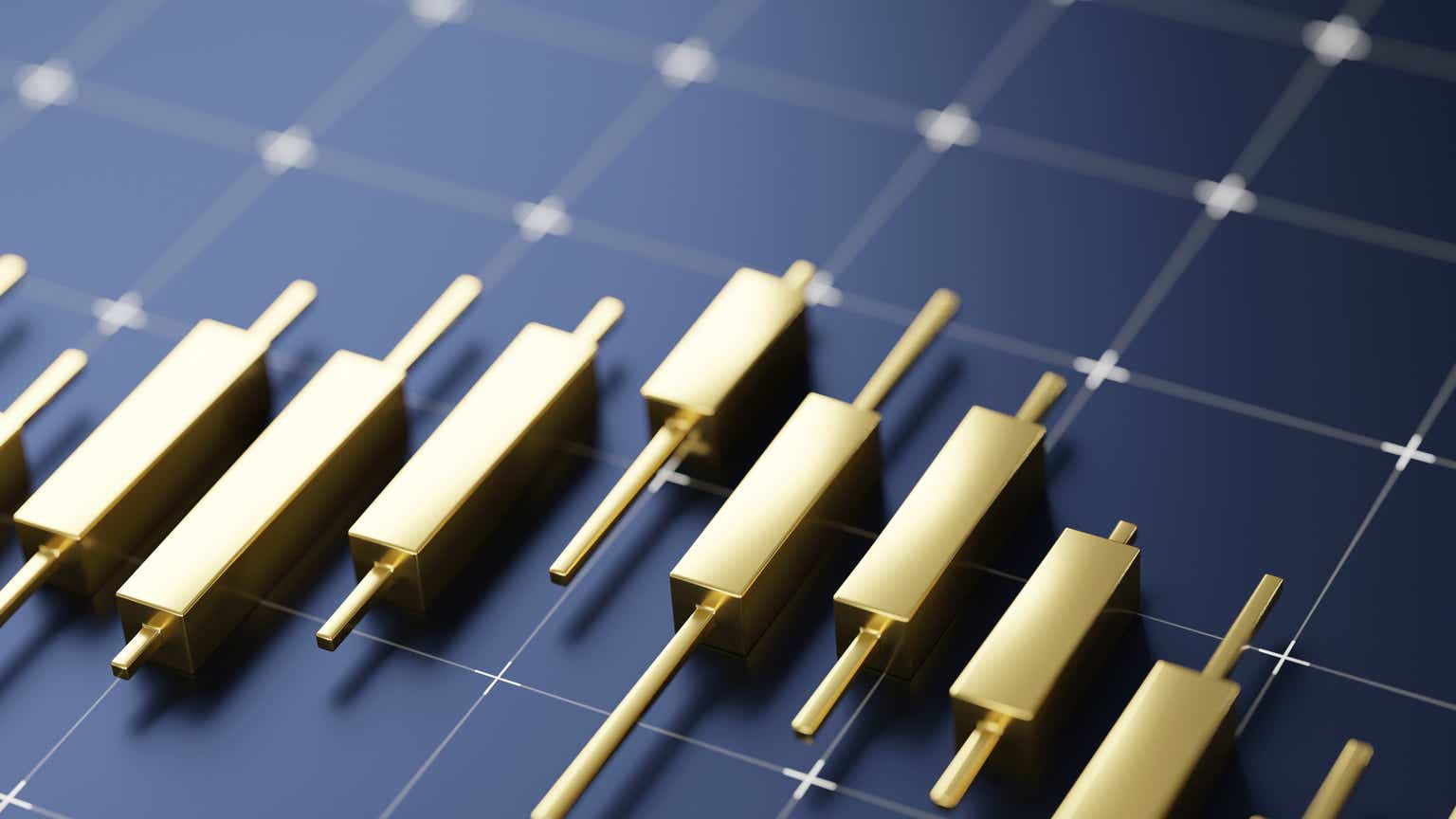U.S. dollar’s slide is the ‘bane’ of Asia’s central bankers
Taiwan recently intervened to curb “excessive” inflows after the New Taiwan Dollar jumped 9% against the U.S. dollar in just two trading days.

The New Taiwan Dollar made headlines this week after it gained over 5% against the U.S. dollar before the island’s central bank stepped in to curb what it deemed “excessive” inflows.
The NTD’s shift may have been the most dramatic move this week, but the U.S. dollar strengthened against several currencies this week, including the Malaysian ringgit, the Singapore dollar, and the Indonesian rupiah. Even the Hong Kong Monetary Authority, the city’s de facto central bank, had to recently sell Hong Kong dollars to maintain the city’s peg against the U.S. dollar.
For years, some Asian countries griped about a too-strong U.S. dollar, complaining that it contributed to inflation by making needed imports like food and fuel more expensive.
Now, countries are getting what they wished for—a weakening dollar—but the results appear to be decidedly negative for one set of officials: Central bankers.
On Monday, Yang Chin-long, governor of Taiwan’s central bank, said that officials had intervened in the market to curb “excessive” inflows, without giving details. Yang made the comments after a sudden 9% two-day rise in the NTD’s value versus the dollar. The central bank leader also denied that the currency exchange rates were part of trade negotiations with the U.S.
“Foreign exchange volatility is the bane of central bankers,” noted Priyanka Kishore, director and principal economist at the consultancy Asia Decoded. Central bankers may not care about the direction of a currency’s move, but they still want shifts to be orderly.
“Heightened volatility, if sustained over a period of time, fuels uncertainty and has financial and real economic consequences,” Kishore said. For example, a quickly strengthening currency will hurt exporters, already under strain from tariffs. “Sharp appreciation impacts their outlook and planning, and also erodes competitiveness,” Kishore added.
Taiwan’s insurance firms have also invested heavily in the U.S., particularly in bonds. Insurers may have been “somewhat under-hedged” against the dollar, suggested Danny Khoo, country head of sales trading for Saxo Bank in Singapore. “When all of them try to do that at the same time, that could be why the New Taiwan dollar got hit slightly harder compared to other Asian currencies,” he added.
Some positives
Still, a weakening U.S. dollar is still good news for some Asian economies, particularly those that hold U.S. dollar-denominated debt. A weaker U.S. dollar reduces the debt burden for these countries. Some emerging Asian economies prefer to take advantage of relatively lower interest rates by borrowing in U.S. dollars instead of in their local currencies.
A weaker dollar may also be good for Asian consumers, as it makes imports less expensive.
The U.S. dollar has sunk this year in the wake of U.S. President Donald Trump’s changes to trade policy. “Trump’s very harsh tariff policies don't give a lot of confidence in the U.S.,” Khoo said. “People are not as confident in the U.S. economy and the political landscape.”
The dollar index trended upward in the latter part of this week, after the U.S. announced a trade deal with the U.K.
Asian countries currently in negotiations with the Trump administration might see a stronger currency as an asset. The U.S. president has complained that a strong dollar makes U.S. exports less competitive, and has accused countries like Japan and China of manipulating their currencies.
This story was originally featured on Fortune.com





